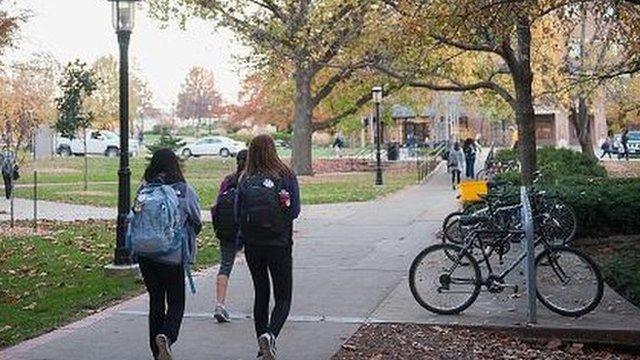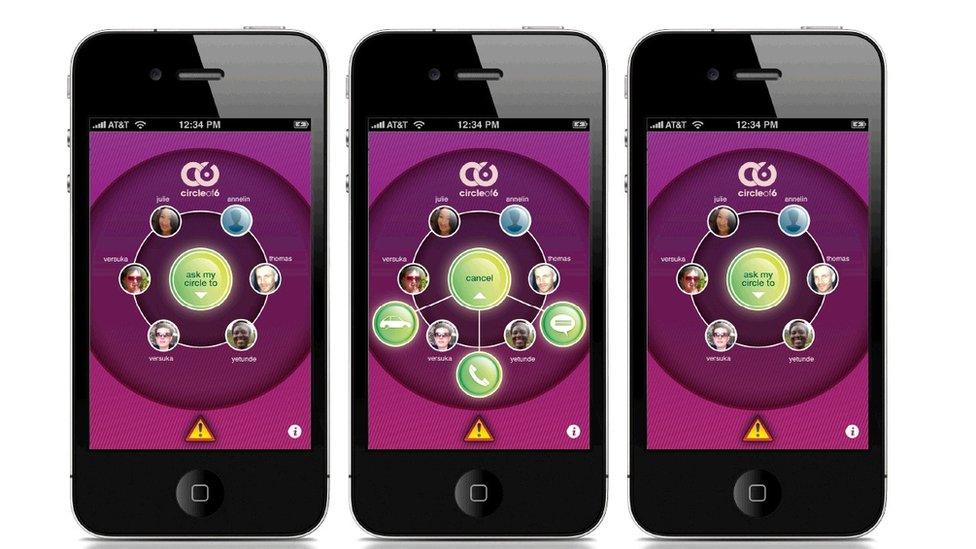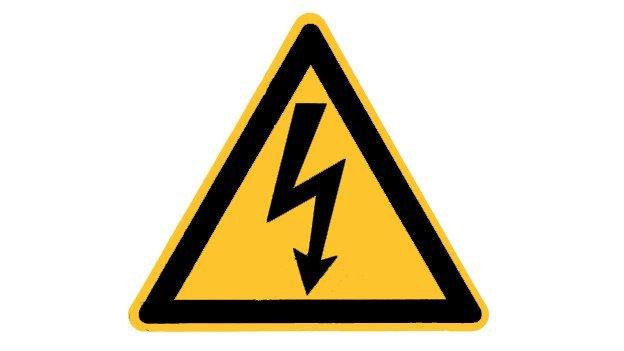TED 2016: Sex attack report system for students launched
- Published

Thousands of college students are likely to be victims of sexual assault
An online platform that lets college students who have been sexually assaulted report their attacks has been launched at the TED (Technology, Entertainment and Design) conference.
According to Callisto creator Jessica Ladd, sexual assault is "practically a rite of passage" in US universities.
Its website has already been trialled for a few months at the University of San Francisco and Pomona College.
Other universities are now being invited to take part.
The US Rape, Abuse and Incest National Network said it could help victims.
As a survivor of college sexual assault herself, Ms Ladd said she wanted to use technology to empower victims and do more to keep campuses safe.
"I went through the reporting process and found it needlessly re-traumatising and intimidating and it felt like a missed opportunity for justice," she told the BBC at the Vancouver event.
"Reporting a sexual assault should be a way to reclaim control over your life. Instead for many survivors it feels like you are losing control all over again."

Jessica Ladd describes the problem and her solution at TED
Unreported attacks
She said that one in five women and one in 13 men experience some form of sexual assault during their time at college.
The statistics are borne out by a 2015 study from the Association of American Universities, although it noted that there was "wide variation", external in the rates reported at the 27 universities surveyed.
More than 150,000 students were questioned. 23% of the women said that they had experienced some form of unwanted sexual contact carried out by force or the threat of force, ranging from fondling to rape.
About 50% of the women who stated that they were victims of sexual assault, said they had not reported it at the time.
Only 10% of victims report a sexual assault and the better they know their assailant, the less likely they are to report them, said Ms Ladd.
"Our system is designed to break down the barriers to reporting," she added.
"We provide clear information about the process if you report your assault. We provide a way to create an online, time-stamped record of what happened to you."

Circle of Six offers a kind of digital panic button for potential victims
The latter is important because, she says, victims on average wait 11 months before they report an incident.
It also allows victims to enter a matching system which only reports the crime if the same perpetrator has previously been reported - although at no point do the users see details of other victims.
Anonymous reporting is not allowed.
Early stages
For a generation growing up used to finding out information via the web, it makes sense to create an online system, Ms Ladd told the BBC.
"Why not have first place for [reporting] sexual assault be the internet?" she asked.
"It is a huge step to talk to police or your school. People are worried they might not believe you and they are worried about what they will do with your information."
Scott Berkowitz, founder of the US Rape, Abuse and Incest National Network, thinks it could be an important tool.
"My initial reaction is that I'm excited by the idea of it and can see how it can potentially change the way victims react to these crimes and encourage reporting of them," he told the BBC, although he added that it is still at a very early stage.
"Being able to see that your actions could help others and that you don't have to go it alone is important."
App alternatives
Callisto is not the only online service designed to help sexual assault victims.
Circle of Six allows users to choose six trusted friends who can be automatically alerted in the event of an emergency at the press of a button.
It won the White House's Apps Against Abuse challenge in 2011 and has since gained thousands of users around the world.
More recently, an app dubbed I've Been Violated has invited victims to record their stories.
They are encrypted and geo-stamped so they can act as "contemporaneous evidence" of the assaults. However, one critic has suggested that preventing victims from being able to alter their reports sends out the wrong message, external about how trustworthy they are.
Callisto relies on a website rather than working as a standalone program because its creators say some students expressed concern at the idea of others spotting they had a sexual assault app on their phone.
College courses
Other solutions include nail varnish that detects date-rape drugs in drinks and necklaces with built-in panic buttons.
Mr Berkowitz acknowledged, however, that "technology alone can't solve the problem".
"Universities have historically downplayed the problem, claiming it doesn't happen on their campuses but research tells us it is a problem on every campus," he said.
"Prevention education needs to be a part of normal college experience."
He added that, while the statistics were high for colleges, the problem was not confined to universities.
"It seems to have less to do with college and more to do with the age group. The risk for women aged 18-24 who are not in college is actually slightly higher."
- Published16 April 2013

- Published28 August 2014
.jpg)